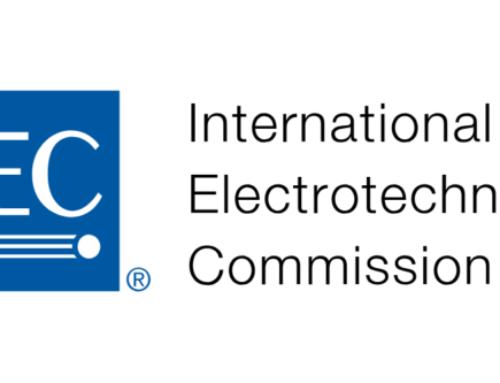On 30 December 2022, the Standardization Administration of China (SAC) issued the Fourth Batch of Planned Recommended National Standards in 2022. The document lists a total of five national standards projects for digital transformation that have been approved by SAC/TC573 (National Technical Committee of Integration of Informatization and Industrialization Management), specifically: (i) Digital transformation management—Reference architecture (20221958-T-339), (ii) Digital transformation management—Guidance for capability system construction (20221959-T-339), (iii) Digital supply chain—System architecture (20221956-T-339), (iv) Digital supply chain—Maturity model (20221957-T-339), and (v) Digital supply chain—General safety requirements (20221955-T-339).
Two of the above national standards, namely the Digital transformation management—Reference architecture (20221958-T-339) and the Digital transformation management—Guidance for capability system construction (20221959-T-339) effectively complement another previously-published national standard: Integration of informatization and industrialization—Digital transformation—Reference model for value and effectiveness (GB/T 23011-2022). The two newly-approved standards consist of basic and generic standards aimed at empowering and guiding organizations to achieve a smooth and comprehensive digital transition via a systematic approach; they also aim to enable the digital transition to be more value-oriented and data-driven.
The other three national standards, namely Digital supply chain—System architecture (20221956-T-339), Digital supply chain—Maturity model (20221957-T-339), and Digital supply chain—General safety requirements (20221955-T-339), shall:
- Provide reference and guidance for various supply chain stakeholders, to scientifically understand and systematically build digital supply chains.
- Help the industry to:
- Clarify the basic concepts and identify core elements of digital supply chains;
- Master the design method and implementation path of digital supply chains;
- Clarify the maturity level and evaluation method for digital supply chains;
- Enhance the security protection capabilities of digital supply chains;
- Accelerate the construction of digital supply chain systems.
In the next steps, based on the development of new industrialization, MIIT’s Department of Information Technology Development will:
- Focus on the manufacturing industry’s core needs for high-quality development;
- Guide national standard development organizations to carry out standardization development and verification in the field of digital transformation;
- Accelerate the approval, release and pilot application of the standards;
- Develop a batch of standard solutions to serve all kinds of enterprises in terms of their digital transformation.




